Who We Are
-
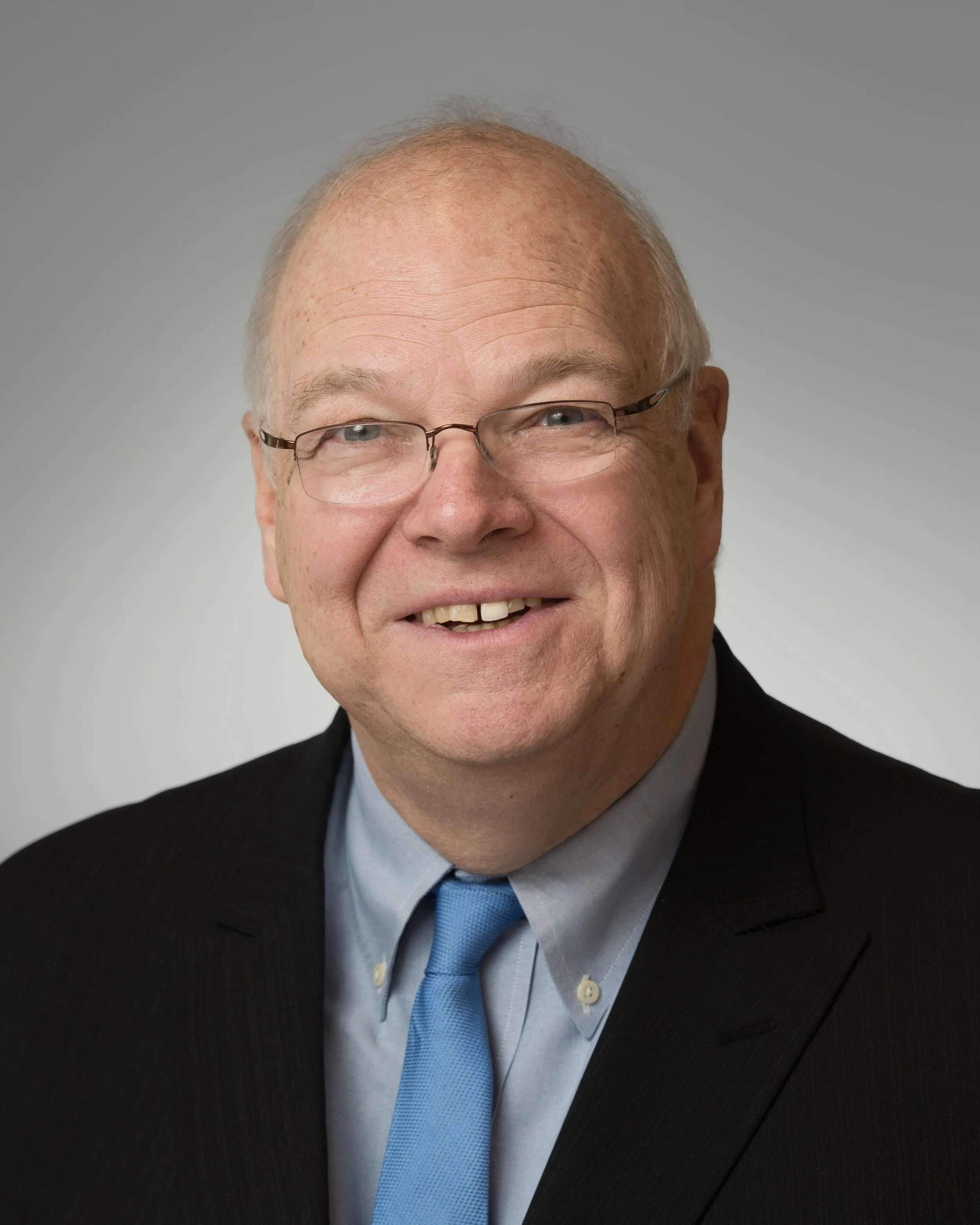
James Roosevelt, Jr.
James Roosevelt, Jr., is the grandson of Franklin and Eleanor Roosevelt. He currently is counsel for Verrill law firm and is a member of the Democratic National Committee from Massachusetts, of which he serves on the Rules and Bylaws Committee. Prior to Verrill, Jim was CEO of Tufts Health Plan for more than 10 years and Associate Commissioner of the U.S. Social Security Administration. He is a trustee of the Cambridge Public Library and the Cambridge Community Foundation. Jim co-chaired Rhode Island Governor Gina Raimondo's Healthcare Leaders Task Force on Health Care Cost Growth and the Massachusetts Hospital Association's workgroup on access to behavioral health care.
-
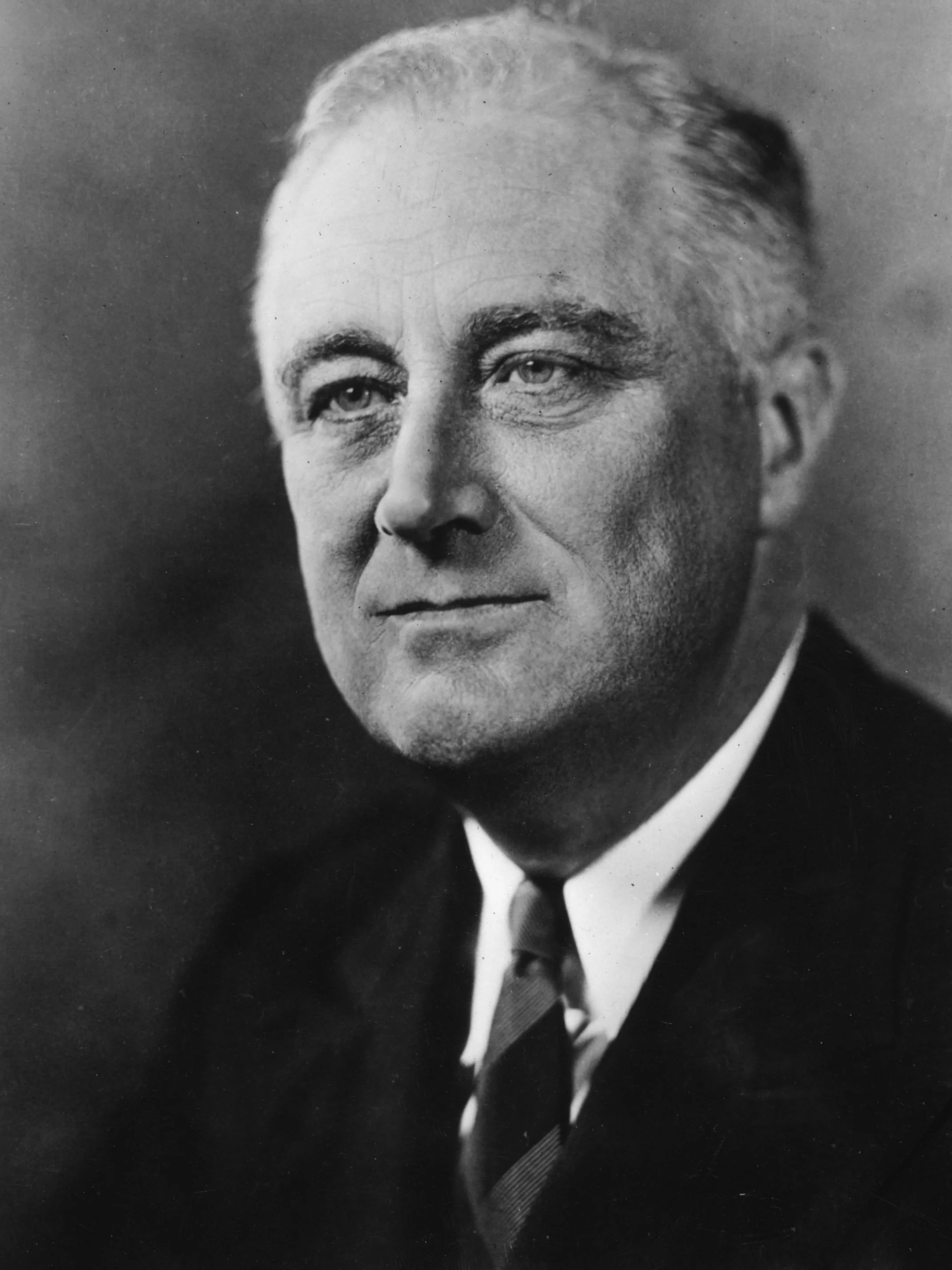
Franklin D. Roosevelt
Franklin D. Roosevelt led the United States through two of the most consequential moments in world history, the Great Depression and World War II. FDR's presidency forever redefined the role of the United States government, both domestically and internationally. His signature domestic agenda, the New Deal, provided countless American families and workers greater security and confidence. During one of the darkest hours in world history, Roosevelt preserved our Republic and defended democracy on the global stage. While he didn’t live to see the end of the Second World War, FDR nonetheless established the United States of America as a global economic, military, and political superpower.
-
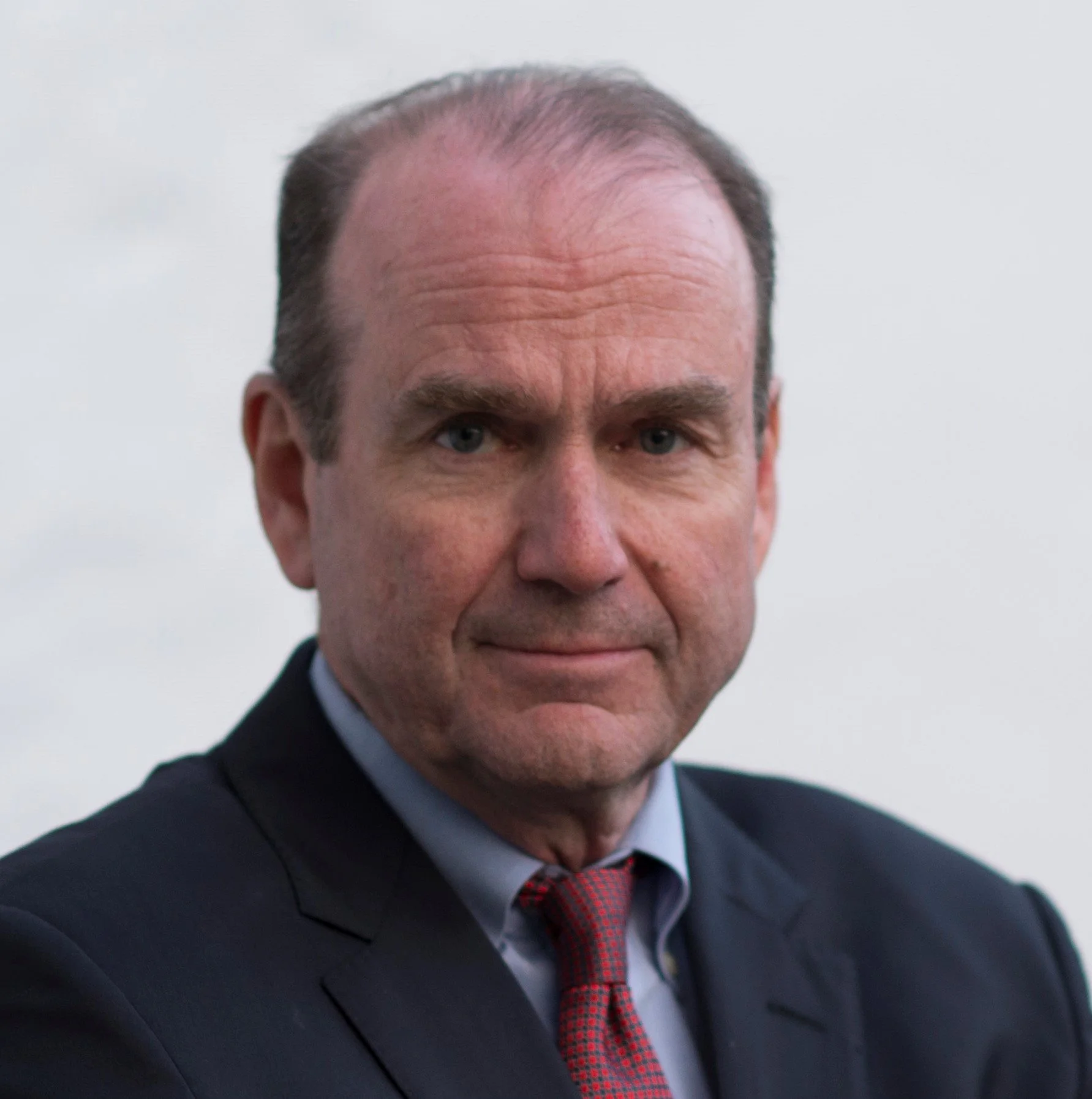
Henry Scott Wallace
Henry Scott Wallace is the grandson of FDR’s third-term Vice President, Henry A. Wallace, who also served as FDR's Secretary of Agriculture and Secretary of Commerce. An attorney since 1978, Wallace was the 2018 Democratic nominee for Congress in PA-01. Wallace is the co-founder of a PAC called Kennedy Democrats, devoted to electing progressive Democrats to state and local office in Pennsylvania, and is co-chair of the Wallace Global Fund, which was created by his grandfather to support people-powered movements to advance democracy and rights and to fight for a healthy planet.
-
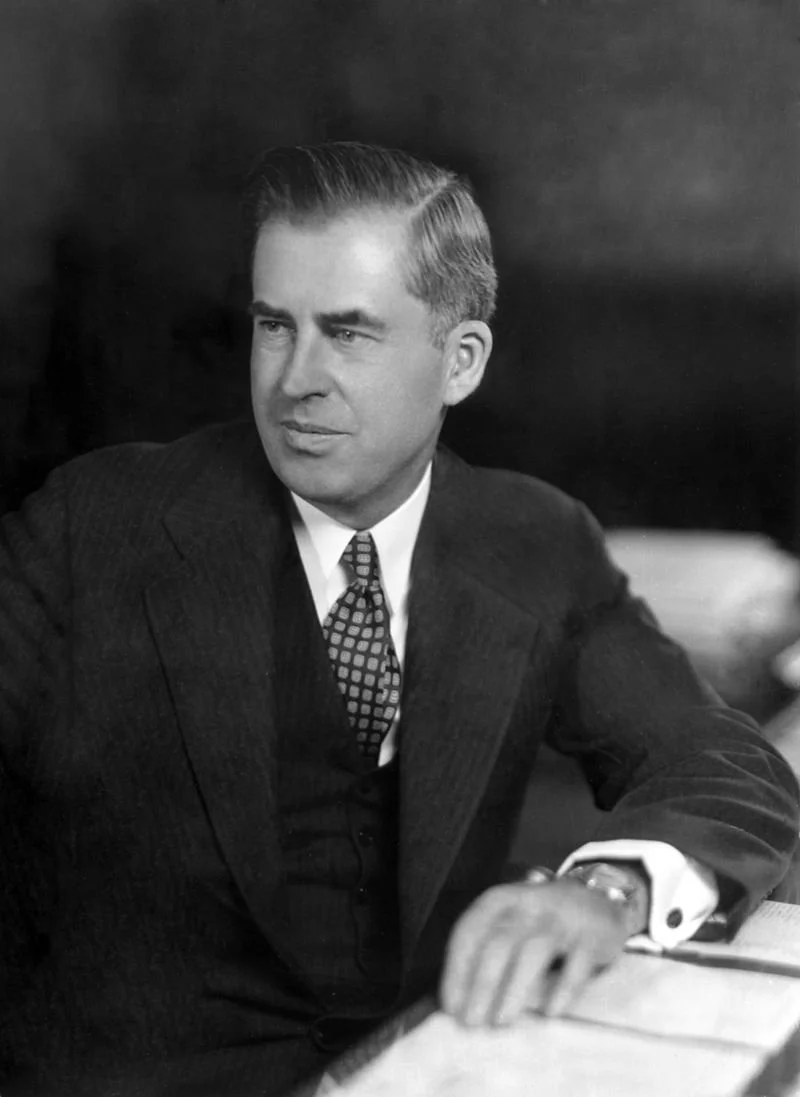
Henry A. Wallace
Henry A. Wallace served every minute of the FDR presidency, as Secretary of Agriculture for the first two terms, as Vice President for the third, during World War II, and as Secretary of Commerce in the fourth, continuing under President Truman. In 1948, he ran for President as the Progressive Party candidate, on a platform against the Cold War and the arms race, and in support of racial and gender equality and a continuation of New Deal policies. In retirement, he established a foundation endowed with Pioneer stock, the Wallace Genetic Foundation (and its later spin-off, the Wallace Global Fund).
-
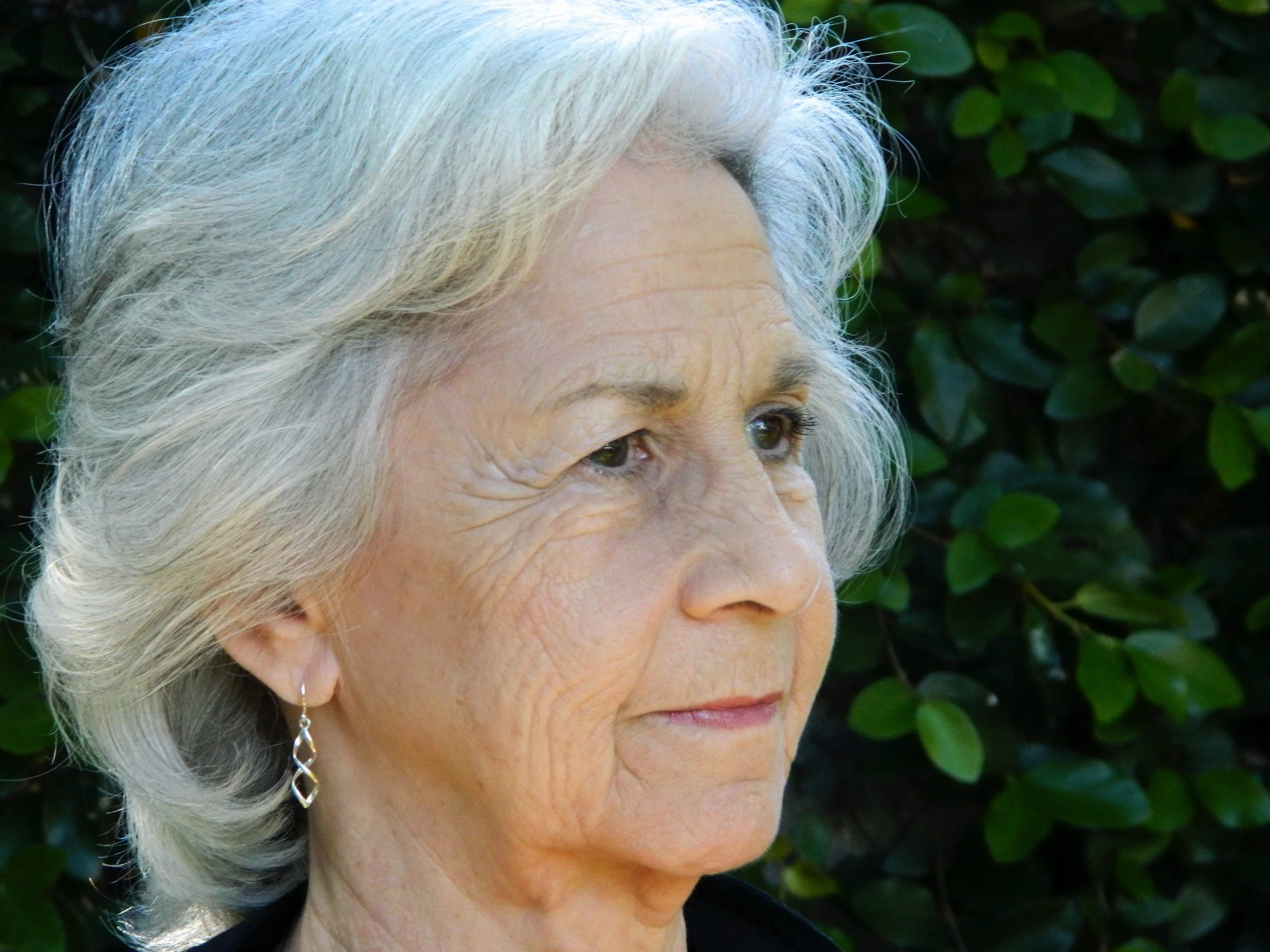
June Hopkins
June Hopkins is the granddaughter of Harry Hopkins, President Franklin Roosevelt's federal relief administrator. She received a Master's of Public Administration and then worked as a social worker in New York City during the Eighties. After earning a Ph.D. from Georgetown University, Dr. Hopkins taught American history for 17 years at Georgia Southern University, Armstrong Campus. She is the author of Harry Hopkins: Sudden Hero, Brash Reformer, a monograph dealing with her grandfather's social work career, culminating with his leadership of the Works Progress Administration. This book emphasizes his firm belief that jobs were the antidote to poverty.
-
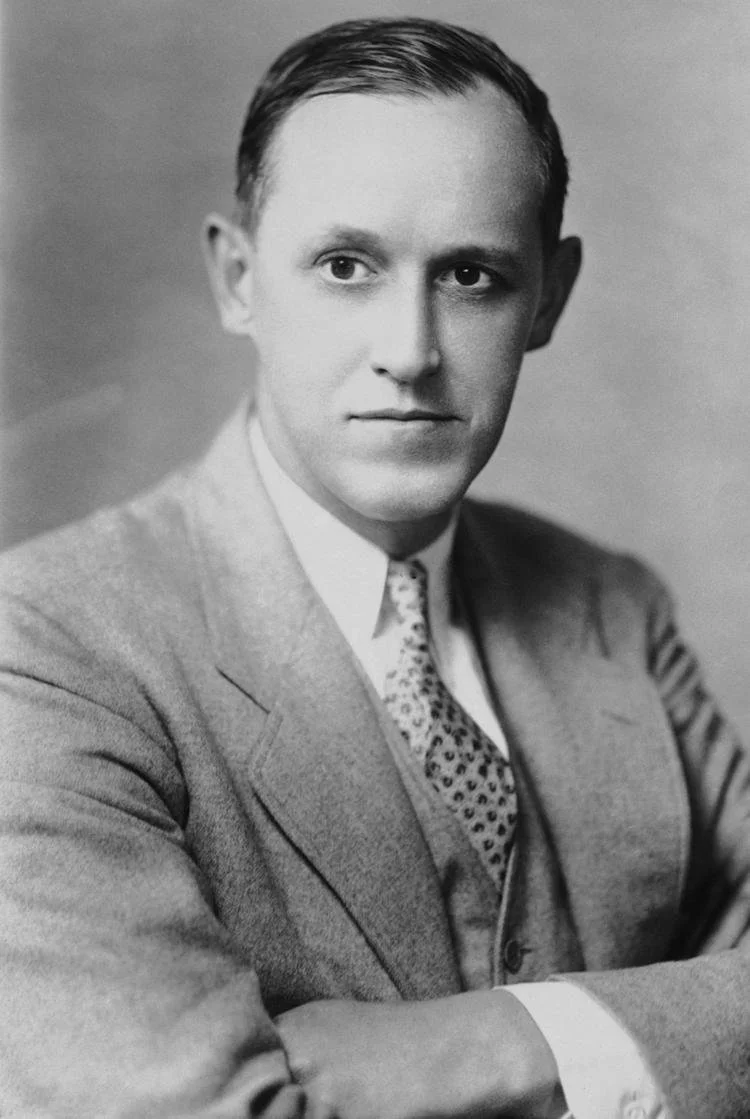
Harry Lloyd Hopkins
Harry Lloyd Hopkins served in President Franklin Roosevelt’s New Deal administration as federal relief administrator from 1933-1940. He zeroed in on the vast army of unemployed Americans and created jobs programs including the Federal Emergency Relief Administration, the Civil Works Administration, and the Works Progress Administration that allowed millions the dignity of working for a wage on useful projects in every part of America. A firm believer in the dignity of work, Hopkins wrote in a 1935 White House report, “Since most people live by work, the first objective in a program of economic security must be maximum employment.”
-
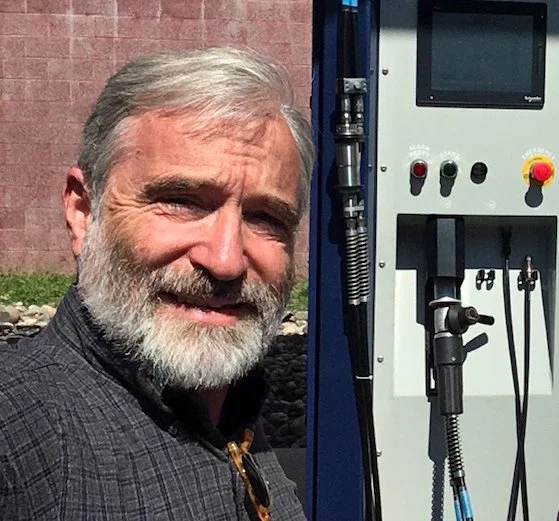
Tomlin Perkins Coggeshall
The late Tomlin Perkins Coggeshall was the grandson of Frances Perkins, the first woman to serve in the U.S. Cabinet. She was FDR's Secretary of Labor for his entire tenure as the nation's president from 1933 to 1945. In 2009, Tomlin founded the Frances Perkins Center, a non-profit organization dedicated to preserving his grandmother's legacy and carrying on her work for social justice and economic security. The Center was designated a national monument in December 2024 by President Joe Biden. Tomlin’s passion was clean energy in general and fuel cells powered by hydrogen in particular.
-
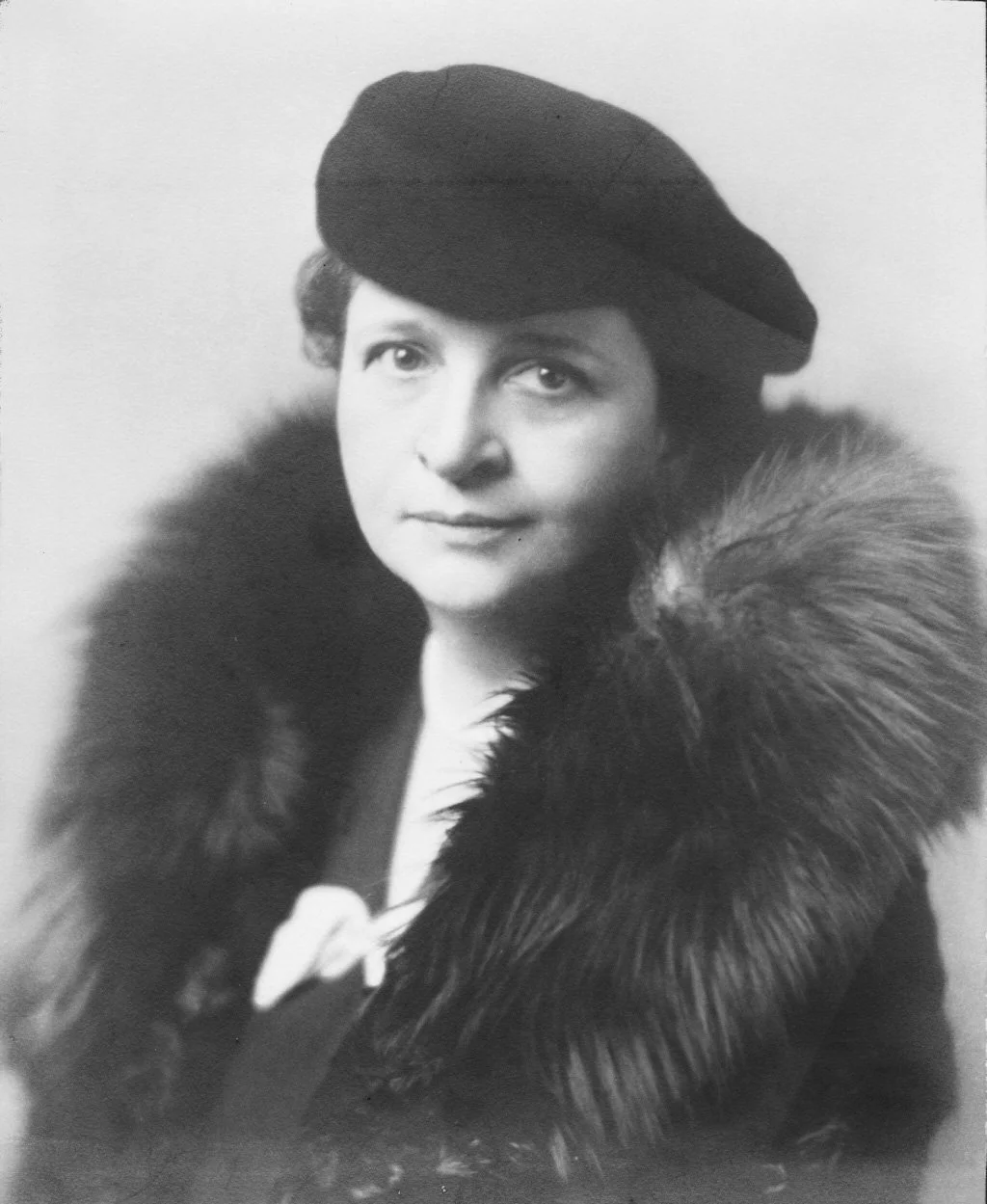
Frances Perkins
Frances Perkins was the first woman to serve in a U.S. Presidential Cabinet as secretary of labor in the FDR administration. She served the entire length of FDR's presidency as labor secretary, at first bitterly opposed by labor interests but then embraced when it became clear that she had their best interests at heart. Frances Perkins had a hand in many of the New Deal programs, both in terms of design and execution. Chief among these was Social Security, a program she spearheaded from conception to enactment. She also launched the CCC, which FDR proposed but then asked her to manage.
-
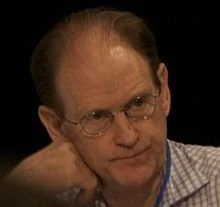
Harold Ickes Jr.
Harold Ickes Jr. is the son of Harold Ickes Sr., who was Secretary of the Interior under FDR. Ickes was White House Deputy Chief of Staff for Political Affairs and Policy and Assistant to President Bill Clinton. He was a leading figure in the Clinton administration’s healthcare reform initiative. Ickes has been active in Democratic politics for over forty years, working in the presidential campaigns of Eugene McCarthy, Birch Bayh, Morris Udall, Ted Kennedy, and Jesse Jackson. In 1989, he was a senior advisor to David Dinkins’s successful campaign for mayor of New York City. Ickes is a registered lobbyist with the Ickes and Enright Group. Ickes is currently co-chair of Meyer, Suozzi, English & Klein, P.C.’s Labor and Government Relations practice groups, and manages the firm’s Washington, D.C. office.
-
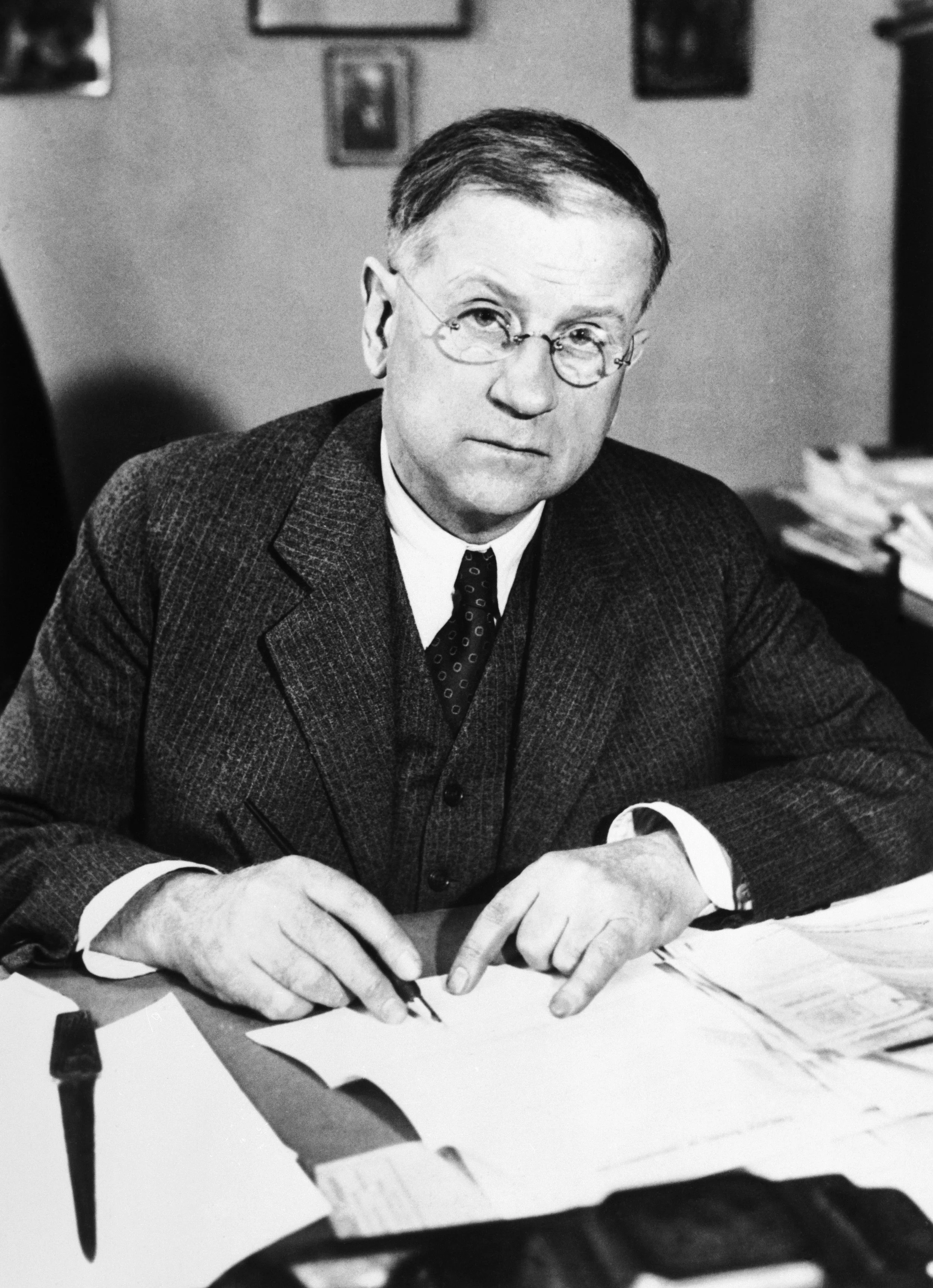
Harold L. Ickes
Harold L. Ickes, Secretary of the Interior for all of FDR’s presidency, was responsible for implementing much of the New Deal (particularly large infrastructure projects like bridges, dams, airports, hospitals, and highways). He was in charge of the major relief program the Public Works Administration (PWA) and many of the federal government's environmental efforts. A supporter of civil rights and civil liberties, Ickes worked to support African-Americans who experienced segregation and other forms of discrimination. For example, he helped eliminate a whites-only hiring system for support staff in the Civilian Conservation Corps (CCC) and worked to improve conditions on American Indian reservations.
